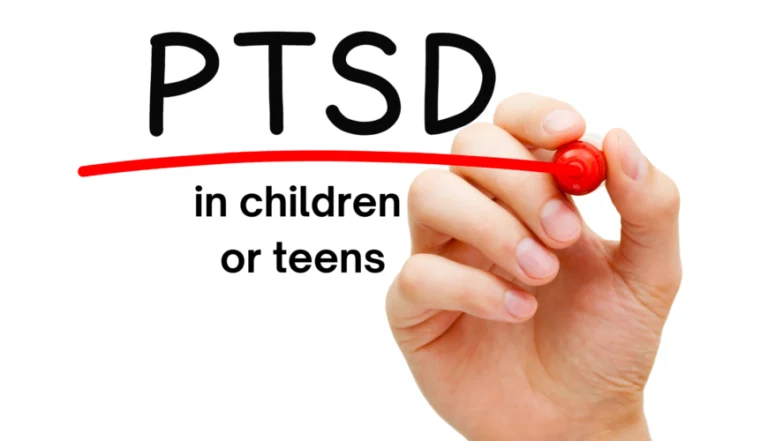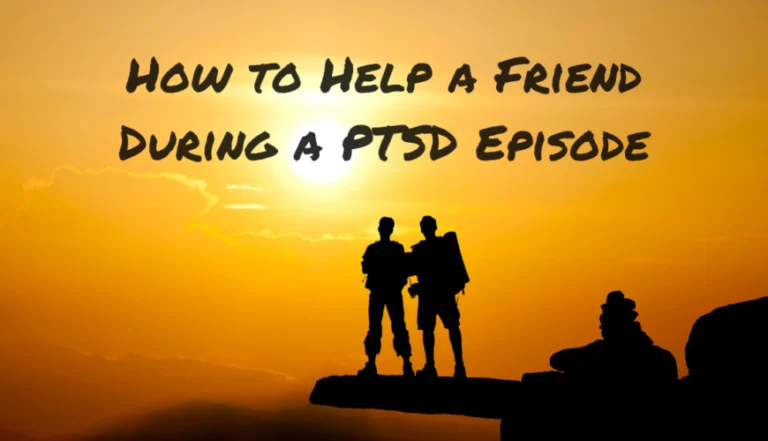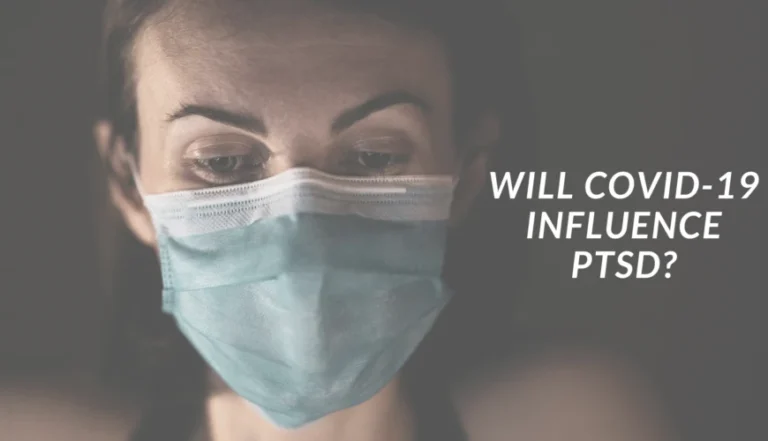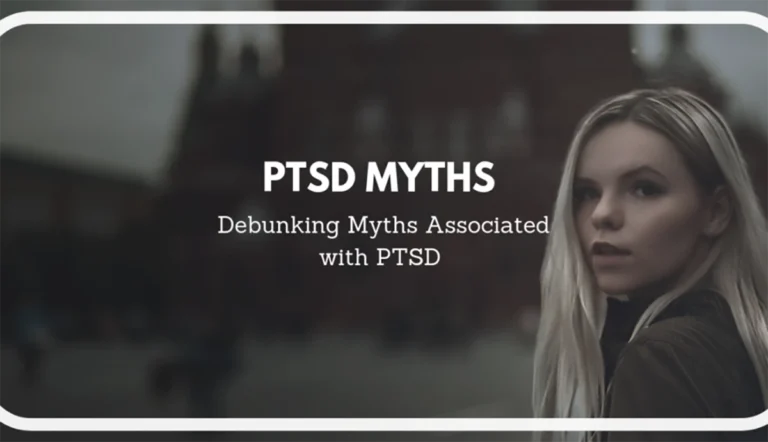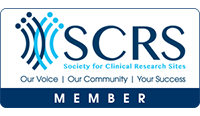Is PTSD Commonly Misdiagnosed?
Post-traumatic stress disorder (PTSD) is a mental health condition that’s triggered by a terrifying event — either experiencing it or witnessing it. Symptoms may include flashbacks, nightmares, and severe anxiety, as well as uncontrollable thoughts about the event. How is post-traumatic stress disorder diagnosed? To get clinically diagnosed with PTSD, a doctor will likely examine …


